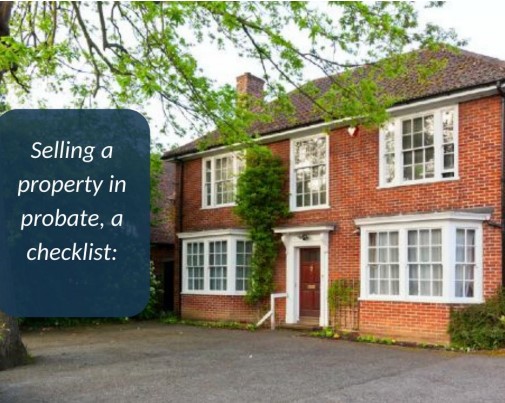House Prices Rise in Southern England
House prices in the UK have increased by an average of £11,500 over the last 12 months to May 2015 with seven cities in southern England significantly outperforming this level.
As reported in Property Wire, the average house in a UK city now costs £189,400 with London more than doubling this figure at £425,700, according to data published by residential property analyst Hometrack.
The data also highlights that on a month by month basis house prices increased by 0.8% in May, which is 3.8% above the market’s peak in 2007.
The highest price rise over the last 12 months has been in Oxford with an increase of £41,700, nearly four-times more than the UK average of £11,500, followed by London at £38,900, and Cambridge at £23,900, Bristol at £22,400, Southampton at £15,300, Bournemouth at £15,300 and Portsmouth at £15,000.
Hometrack have also claimed that these house price increases are due to robust demand underpinned by the strength of these cities’ local economies and all 20 cities covered by the index recorded annual price rises.
As you would expect, the lowest rises were evident in the north of England where prices in Liverpool increased on average by a meagre £4,200, Newcastle by £4,700 and Sheffield by £5,300. These cities are still 14%, 8.5% and 3.8%, respectively below their peak in 2007. It is believed that the reason for this is due to the fact that recovery has been much slower due to weaker demand from potential home buyers.
Richard Donnell, Director of Research at Hometrack, remarked that: “House prices have picked up momentum post-election. An increasing proportion of households are feeling the benefits of the improving economy, which means that house price growth is set to continue in the coming months. The greatest risk is an earlier than expected increase in interest rates which would knock market sentiment.”
He continued: “The strong demand side recovery seen in southern England has yet to spread to other cities revealing the diverse nature of the housing market. All cities are making gains at different rates of growth, but the cities with the biggest increases all have something in common and that is strong local economies.”
He went on to predict that issues with affordability will prove to be a problem in the high value, high growth markets: “The double digit price growth registered in cities such as London, Oxford and Cambridge is being sustained by a lack of supply, and below average transaction volumes with a third of sales funded by cash or buy to let mortgages.
“London has the highest price to earnings ratio, but it covers a wide range of sub-market. Over the last three years, the impetus for house for house price growth has shifted from prime markets to the other more affordable markets in outer London and the commuter belt,” he added.





